Debunking the Myth: Is Dungeons and Dragons Evil?
Is a fantasy game really that evil or is it just misunderstood?
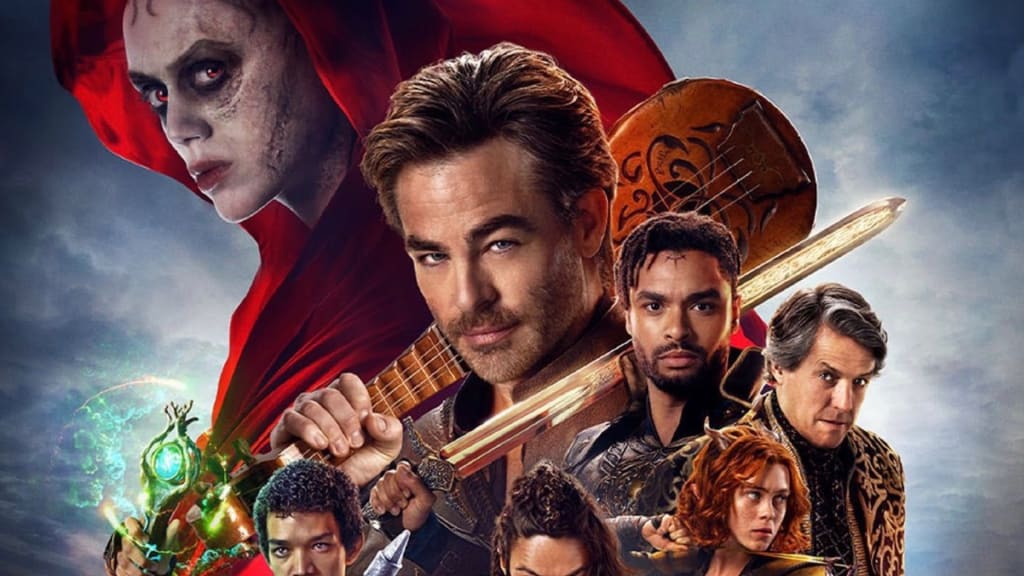
Dungeons and Dragons (D&D) has long been a subject of controversy, with some people labeling it as “evil” or “dangerous.” This popular tabletop role-playing game has faced criticism due to its fantasy themes, magic, and depictions of mythical creatures. However, is there any truth to these claims? In this article, we will delve into the nature of Dungeons and Dragons and explore whether it is genuinely evil by design or simply a misunderstood form of entertainment.
Origins Of Dungeons And Dragons
The origins of Dungeons and Dragons can be traced back to the 1970’s where Gary Gygax, a former insurance underwriter and Dave Arneson, a university student created a collaborative storytelling game that allows players to create characters and embark on epic adventures in a fantasy world.
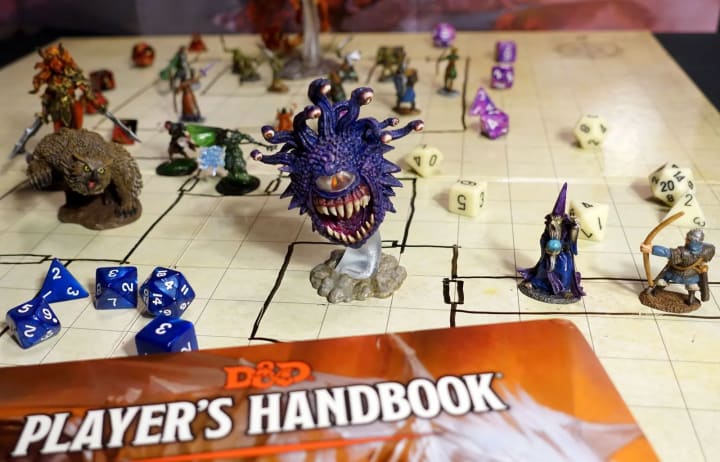
While the setup was simple and to the point, D&D was a departure from traditional board games and wargames of the time. The game revolves around the interaction between a Dungeon Master (DM) and players who take on the roles of adventurers where all of their actions and outcomes are determined by a roll of a dice. To this day, Dungeons and Dragons continues to captivate audiences and has become influential enough to impact pop culture.
Exploring The Allegations
When it comes to allegations and the debate of “Is Dungeons and Dragons evil?” There are many schools of thought across different demographics and academic arguments, so lets go over some of the most prominent allegations.
Occult And Satanic Connections
One of the primary concerns raised against D&D is its supposed connection to occult practices and Satanism. These claims were largely due to D&D's use of fictional dark magic, demons, and other kinds suggestive elements. However, these claims were originated in the 1980s during the “Satanic Panic” era when several moral panics swept through society due to misguided correlations between crime and an interest in the occult.
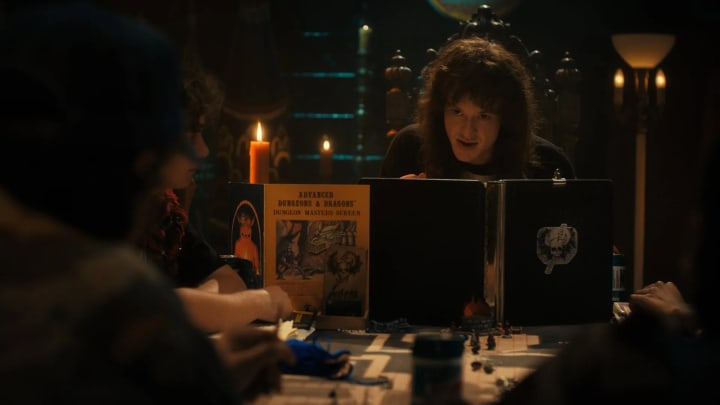
However, numerous investigations by religious groups, law enforcement agencies, and scholars found no substantial evidence to support these allegations since D&D is a work of fiction and was eventually treated as such.
Violence And Desensitization
Critics argue that D&D promotes violence and desensitizes players to harmful acts due to the medieval aspect of the game. However, the game’s core mechanics does not emphasize violence as the primary means of problem-solving, but sometimes invite the possibility of it.
In fact, D&D encourages players to think creatively, negotiate, and strategize to overcome challenges, since every problem can't be solved by punching everything in their path (I'm sure many D&D players have tried this before). Overall, the responsibility lies with the players and the DM to establish boundaries and ensure the game is played within a safe and respectful environment.
Escapism And Addiction
Some critics have claimed that D&D encourages escapism and argued how it can lead to addictive behaviors. While it is true that D&D can provide people an avenue for immersive storytelling and role-playing that might have them become obsessed about it. However much like other forms of entertainment, responsible engagement is crucial when it comes to playing a fun creative medium.
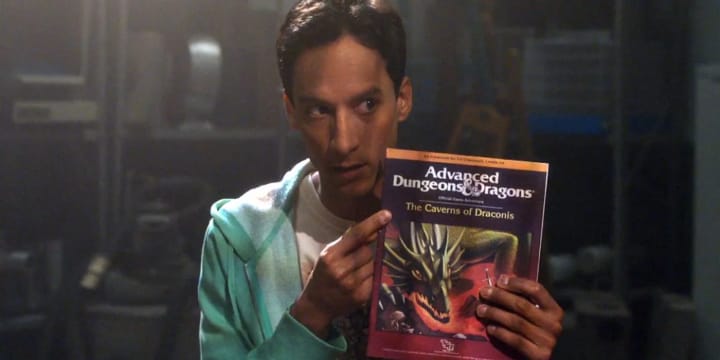
Moderation and balance in any activity is essential, because without self-control it can lead us to an unhealthy and obsessive lifestyle. D&D is no different from other immersive activities such as video games, reading, and drawing, but D&D can be a healthy outlet for creativity, social interaction, and personal growth when approached with a balanced mindset.
Moral Ambiguity And Ethical Dilemmas
D&D often presents players with moral dilemmas, such as choosing between good and evil, or making difficult decisions that impact the game's world. Some would argue that this can be morally confusing, and can even incite immoral behavior by glorifying them in a personal setting.
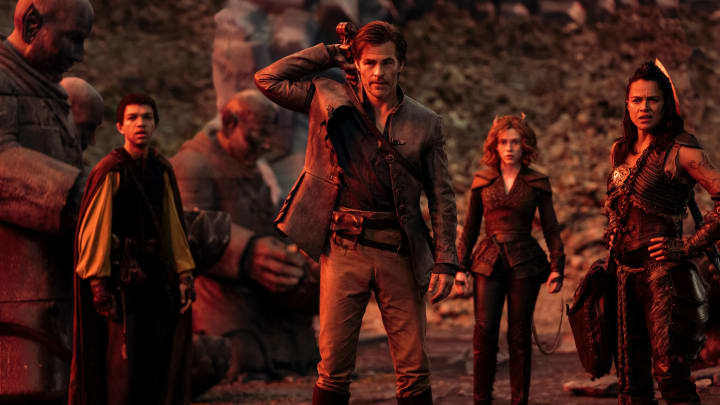
However, this claim didn’t prove much as people recognized that these ‘moral’ dilemmas and situations are entirely fictional and allow players to explore ethical considerations in a safe environment. In fact, D&D can foster critical thinking skills, empathy, and moral reasoning by providing a platform for players to navigate complex choices.
Exploring The Benefits
While many of these allegations against Dungeons and Dragons were made in response to satisfy a conservative part of society that saw the game as very odd obsession. It is important to note that there are numerous benefits that counter the allegations of Dungeons and Dragons being evil by design. So let’s explore some of these benefits.
Social Interaction And Collaboration
D&D is inherently a very social game, requiring players to work together, communicate, and collaborate as a team. It encourages face-to-face interactions, fostering friendships, teamwork, and cooperative problem-solving skills.
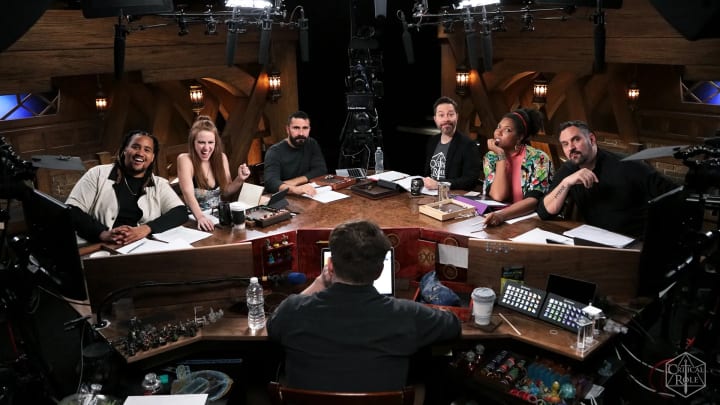
In fact, just trying to get a group of people together for a game of Dungeons and Dragons is a true test of social skills, organization, and commitment, because anyone who has ever tried to get a D&D night going will understand how hard it can be.
Creativity And Imagination
The game sparks creativity and imagination by allowing players to develop unique characters, design intricate worlds, and craft engaging narratives. This especially rings true for the Dungeon Master of these D&D campaigns, as they need to come up with an exciting and challenging campaign that is flexible enough to incorporate any kind of playstyle and decisions that players make and go through.
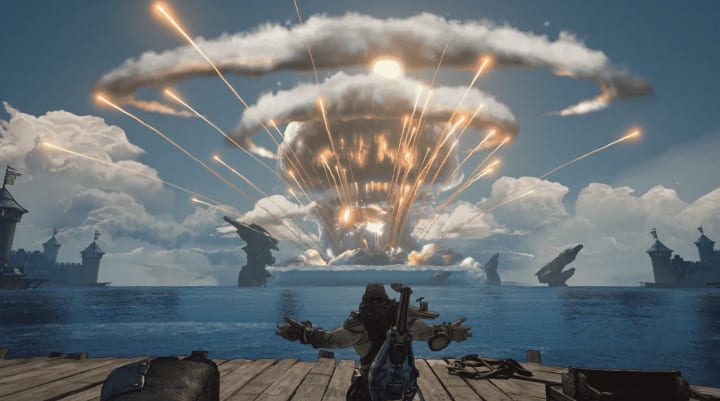
So whether if you are just playing the game or setting it up, Dungeons and Dragons can nurtures artistic expression, storytelling abilities, and even promote creative innovation and originality. In fact, one of the most creative examples of D&D in pop culture is Gearbox Software’s action role-playing video game Tiny Tina’s Wonderland, where the entire game is set within the world of a fantasy-themed tabletop role-playing game.
Cognitive And Emotional Development
Due to the creative nature of D&D, the game will constantly have players engage their critical thinking, problem-solving, and decision-making skills in order to make it far into their respective games. By enhancing cognitive abilities such as logical reasoning, strategic planning, and adaptability, it can actually benefit players whenever they encounter real world problems that requires a creative fix.
Moreover, role-playing in D&D can also provide emotional catharsis and aid in personal growth by allowing players to explore different perspectives and emotions. In some case, it can even be used a form of therapy to help people process past or recent trauma in a fun and light-hearted manner.
Is Dungeons And Dragons Evil?
The notion that Dungeons and Dragons is evil by design is a misguided and unfounded claim. Like any form of entertainment, responsible engagement is vital in order to ensure a positive experience that doesn’t ruin people’s lives.
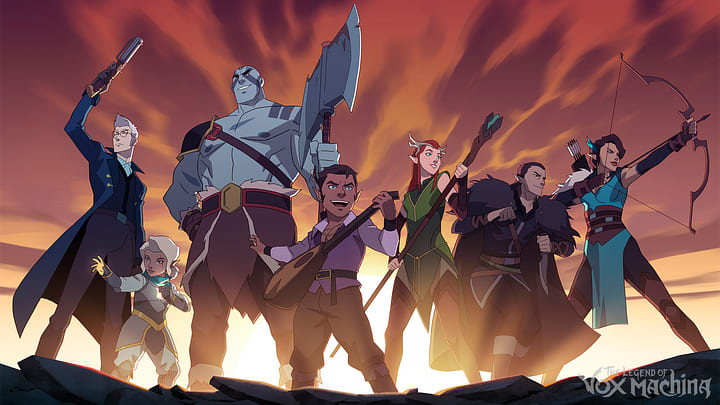
D&D offers a creative, collaborative, and imaginative platform for people who wish to get into storytelling, make meaningful social interactions, and even explore their personal growth. By understanding and embracing the true nature of Dungeons and Dragons, one can appreciate it as an enriching and enjoyable pastime.
What do you think? Is Dungeons and Dragons evil or is it a rewardingly fun game for the truly dedicated? Let me know what you think and follow for more related content!
About the Creator
Jay Kobayashi
A starving writer from LA who aspires to be plagiarized one day. I like to write about academic pieces that identifies philosophy and psychology in pop culture, and sometimes random fun pieces that interests me or the algorithm!


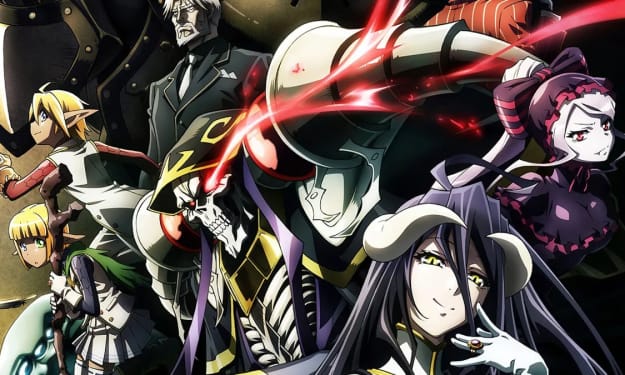



Comments
There are no comments for this story
Be the first to respond and start the conversation.